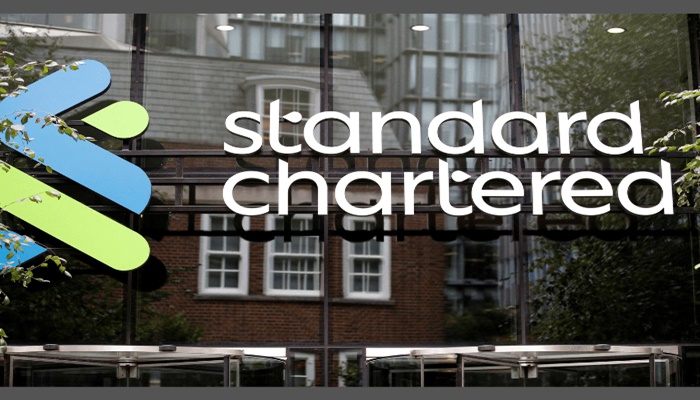More than a third of new hires have admitted that they had second thoughts about their new job during onboarding amid various challenges during the experience, according to a new report.
Findings of a joint study from TalentLMS and BambooHR show that 39% of employees had second thoughts about their new roles during onboarding.
The findings come despite the high levels of satisfaction among new hires when it comes to their onboarding process, with 73% saying they are somewhat and very satisfied with their experience.
“But beneath surface-level satisfaction rates, there are hairline cracks and holes in the foundation,” the report read.
Gen Zs were most likely to have second thoughts during onboarding (49%), according to the report. They are followed by Millennials (42%), Gen X (36%), and then Baby Boomers (29%).
Challenges during onboarding
These doubts about their jobs come as the majority of surveyed employees identified various challenges in onboarding, with adjusting to the company’s culture, values, or work style emerging as the top barrier (28%).
“We’ve seen that on a micro level, onboarding makes new hires feel welcomed. But on a macro level, many still feel disconnected. While paperwork and tools might get sorted in week one, adapting to the company’s culture proves more elusive,” the report read.
The second-highest challenge for new hires is feeling overwhelmed with new information (27%).
The report attributed this challenge to employers data dumping or putting heavy emphasis on paperwork in the beginning of an employee’s journey.
In fact, 52% of the respondents said their onboarding focused more on admin tasks than practical job training.
Meanwhile, a quarter of employees also said a common challenge for them was fitting in and building connections with coworkers, as well as understanding the expectations of their supervisor.
Addressing onboarding challenges
Roza Tapini, VP of People and Culture at Epignosis, parent company of TalentLMS, said onboarding is the “foundation for workplace success” when done correctly.
“Employees who feel supported from day one emerge more integrated, capable, and engaged, underscoring the value of modern onboarding strategies that balance connection and skill-building,” Tapini said in a statement.
To address the top challenge for new hires during onboarding, the report urged organisations to build more intentional opportunities for human interaction, cultural immersion, as well as peer connection from day one.
“Employees don’t need another welcome email. They need real signals about how things actually work in their new company,” the report added.
It also recommended a “rethink” of the pace and delivery of information to avoid overloading new hires.
“Organisations should balance onboarding activities with downtime that lets new hires absorb information and settle in,” the report read.
“This means streamlining content, spacing out delivery, and shifting the focus from endless meetings and admin tasks to role-readiness and meaningful learning.”
Hybrid onboarding sees high satisfaction
The report further underscored the potential of hybrid onboarding, which saw a 75% satisfaction rate from employees who went through the process.
Hybrid onboarding blends digital and in-person elements to welcome staff in the workplace.
Wende Smith, Head of HR Operations at BambooHR, said the 75% satisfaction rate of hybrid onboarding is a “signal.”
“When onboarding blends digital efficiency with in-person connection, employees meaningfully connect to their future roles and teams and hit the ground running as a result,” Smith said.
“HR leaders should use this insight to audit their onboarding delivery: Are we aligning the format with role expectations? Are we being intentional with each touchpoint? The answers will directly shape retention and readiness.”




















